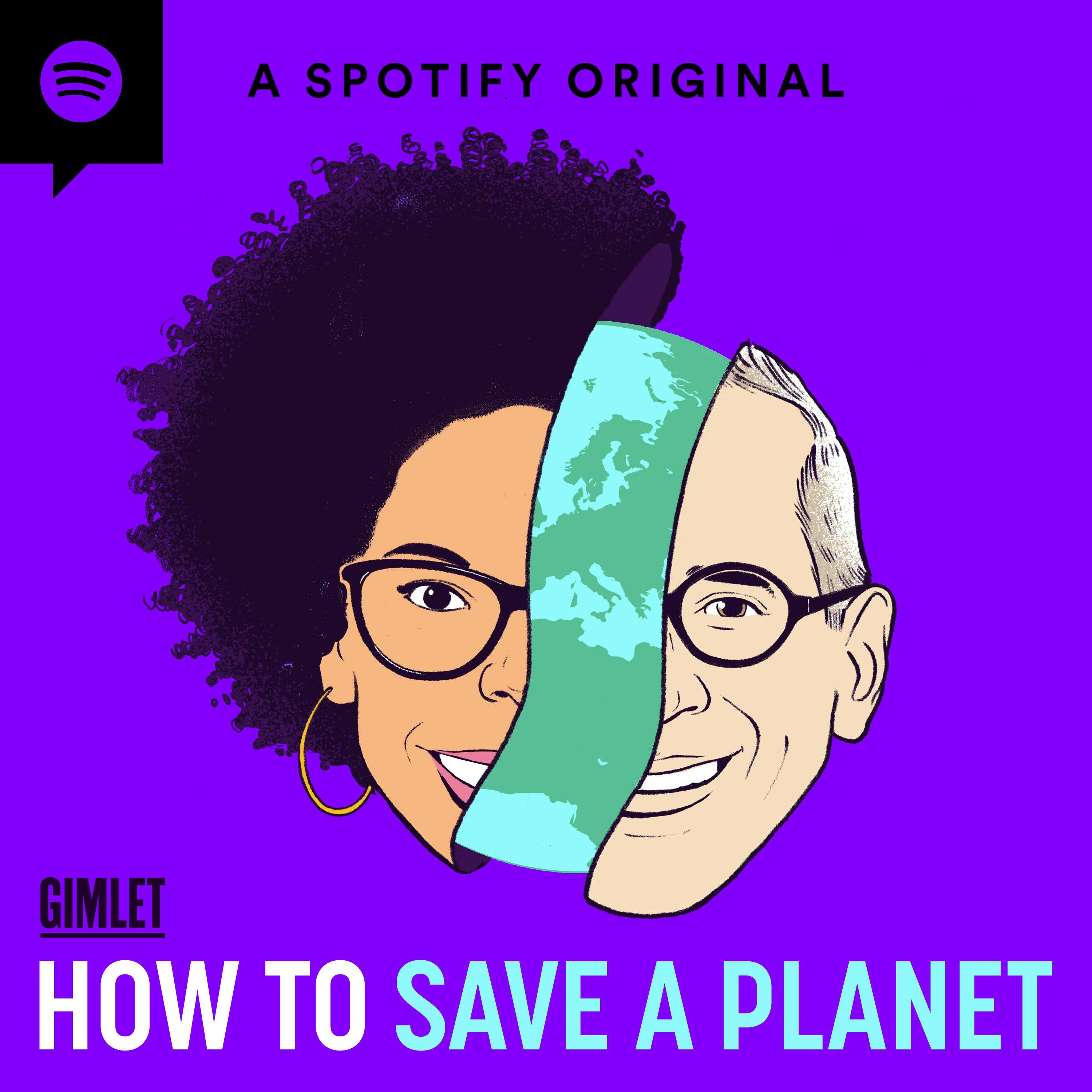
How to Save a Planet
Gimlet
Podcast
Episodes
Listen, download, subscribe
Trying to Talk to Family about Climate Change? Here's How.
It’s important to talk about climate change. But how do you talk about it with friends and family who don't believe it's real, or don’t think we can do anything about it? We hear from a father and son who successfully navigated this conversation, and we bring you step-by-step tips from an expert on how to have a conversation where both sides actually hear each other. This episode originally aired in November of 2020. Call to action Talk about the climate! Here are the six steps outlined by Steve Deline with the New Conversation Initiative on how to have difficult conversations about climate change. Step 1 – Set realistic expectations for yourself! Your initial goal should be to lower the temperature around this issue. Even if you just succeed in attempting to talk to them one on one, or expressing a DESIRE to do so, that’s an important step forward! Do NOT set yourself an expectation that you will change how they feel about climate all in one go! Step 2 – Find a buddy! Find someone you trust and feel comfortable with who’s down to be your support before and after having a challenging conversation with a friend or family member. Talk to them about what your fears are, and name some goals for what you’re doing to make this one go different. Step 3 – Find a quiet moment to talk to your family member Ideally do it when you can be one on one, NOT surrounded by the whole family at the actual Thanksgiving table! Be direct and say “Hey, I’d love to find a time to talk more about this.” So that they have a chance to opt in. Step 4 – Listen! When the time comes to talk, start by letting them know that you really want to understand how they feel about climate change. Listen, and ask follow up questions “Tell me more? Why do you feel that way?” But importantly DON’T RESPOND. Don’t engage with the parts that you disagree with. Don’t try to debate or correct information, just give them a chance to talk it out and be heard. You don’t want this to go on forever, but you do want to let them get the crux of their feelings on the subject off their chest. Step 5 – Acknowledge that you disagree Let them know what you think. For example “Got it. So you’re probably not surprised to hear it but I think climate change is real and human-caused” or “I think we should be responding to it in x/y/z ways.” But then most importantly, say “BUT I really want to find a way to talk to you about it openly, and better understand what each other thinks, even if we don’t agree.” In other words, name the elephant in the room – that you disagree – and name it without being upset about it! This helps make it OK to disagree, and be honest and vulnerable, without having to argue. Step 6 – Make it personal. Turn the conversation away from talking points and dueling facts, and towards their life and experiences, and your life and experiences. For example, I might share a story about my friend Laurel, whose sister lost her home to a wildfire in Paradise, CA, and how hearing her story was the first time I felt a knot of fear in my stomach, that my own community in Southern California could be in danger of the same thing. The key here is to share vulnerably, and then talk about how it made you FEEL. And then (most importantly) invite them to do the same. Be prepared that their story could be about how environmentalists or Democrats have negatively impacted someone they know, like someone lost their job or is in danger of doing so. That’s OK too, as long as the story is specific and from their own life. Most importantly ask how that experience made them FEEL – bring emotion explicitly into the conversation. If you have a conversation about climate change, do us a favor and tell us about it! We’d love to hear how it went and what it felt like. Record a short voice memo on your phone and send it to us at how to save a planet dot show / contact. Learn more about your ad choices. Visit podcastchoices.com/adchoices
How to Save a Planet RSS Feed


